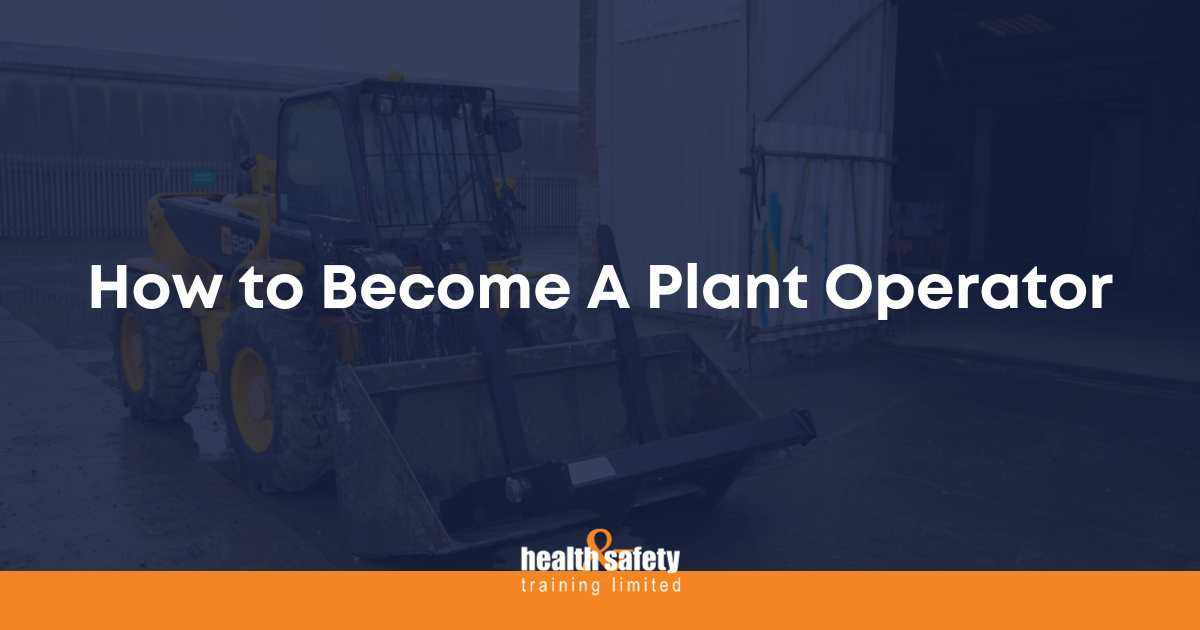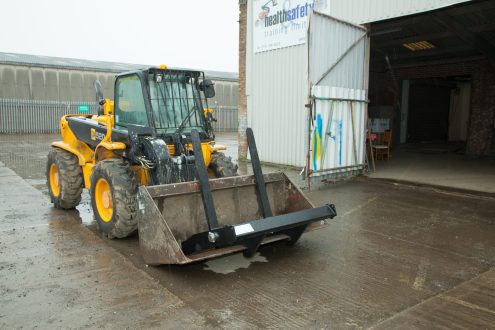How to Become A Plant Operator
Are you looking for a rewarding career that doesn’t require a degree, offers a competitive salary, opportunities for career progression, and an active job environment? Becoming a plant operator might just be the perfect choice for you. Plant operators are responsible for operating and maintaining heavy machinery used in construction, agriculture and various other industries. In this guide, we will explore the path to becoming a plant operator and highlight the numerous benefits it offers.

Research and self-assessment
Before embarking on your journey to become a plant operator, it’s essential to do some research and self-assessment. Take the time to understand what the job entails, the industries where plant operators are in demand, and the specific skills required. Consider your own interests and physical abilities to ensure that this career is a good fit for you.
Educational requirements
One of the most attractive aspects of a career as a plant operator is that it doesn’t typically require a degree. Instead, you can gain the necessary education and training through specialised programmes and certifications, such as those offered by the team here at Health & Safety Training.
We offer various vehicle courses that are recognised and approved by the National Plant Operators Registration Scheme (NPORS), such as our 180 Degree Backhoe course and our 360 Degree Excavator Course. We also offer a Vehicle Banksman course which is approved by the Road Transport Industry Training Board (RTITB).
Certifications are essential for plant operators to ensure they meet industry safety standards and can operate machinery safely and efficiently. NPORS certifications are widely recognised in the industry and can significantly enhance your employability.
Choose a specialisation
Plant operators work with a wide range of heavy machinery, including excavators, bulldozers, cranes and forklifts. Depending on your interests and career goals, you can choose to specialise in a particular type of machinery. Specialising can open up more opportunities and potentially lead to higher pay, so choose wisely!
Gain hands-on experience
To excel in this field, practical experience is crucial. Many training programmes include hands-on training and on-the-job learning opportunities. You could also kickstart your career in this field as a construction labourer or equipment assistant to gain valuable experience before transitioning into a plant operator role.
Build a CV
Craft a professional CV highlighting your education, certifications and relevant experience. Emphasise your commitment to safety and your ability to operate and maintain heavy machinery effectively. A well-structured CV will help you stand out to potential employers.
Begin your career!
With your education, certifications and CV in hand, start applying for plant operator positions as soon as possible. Entry-level positions may include equipment operator, machine operator, or construction labourer. Once you secure a job, continue to refine your skills and gain experience, and then go on to specialise in machinery that most appeals to you.
Here at Health & Safety Training, we’re one of the leading providers of plant machinery training in the North East and beyond. Want to learn about how we could help you kickstart your career in construction and plant work? All you need to do is get in touch.
Increasing Productivity In Construction The Ultimate Guide to Recruiting Construction Workers





